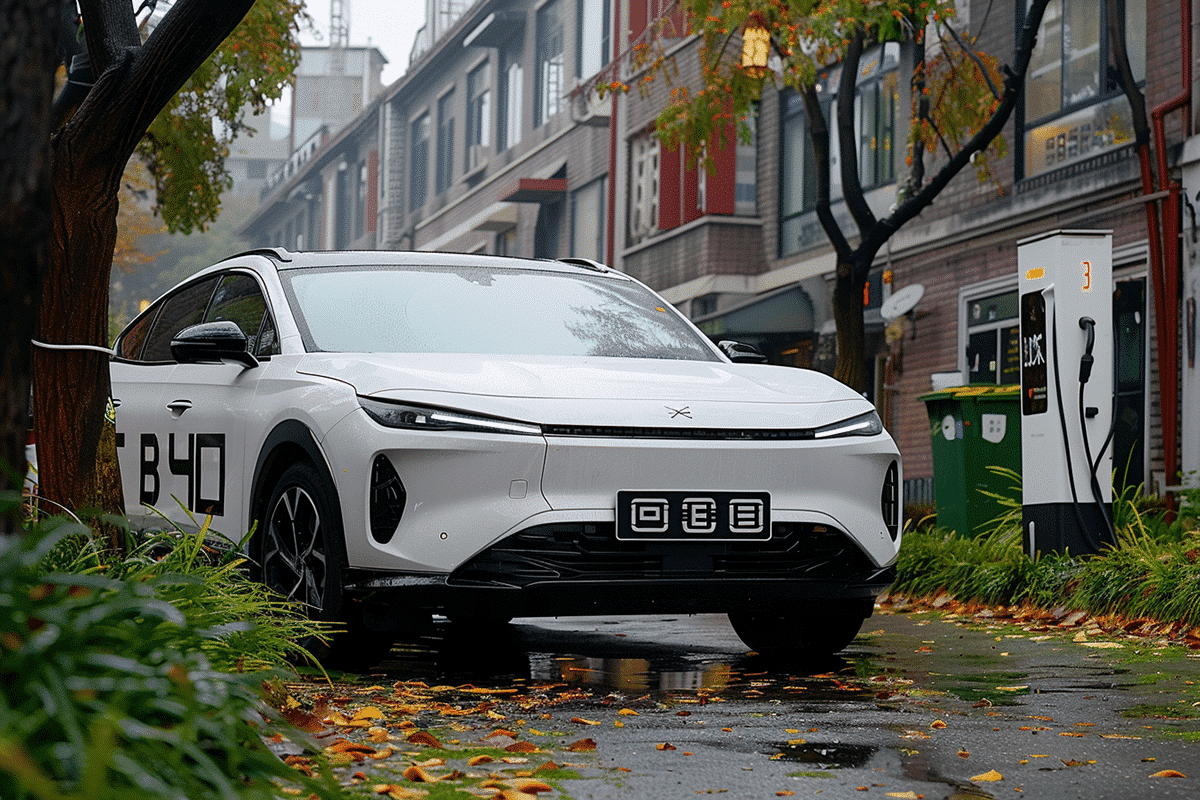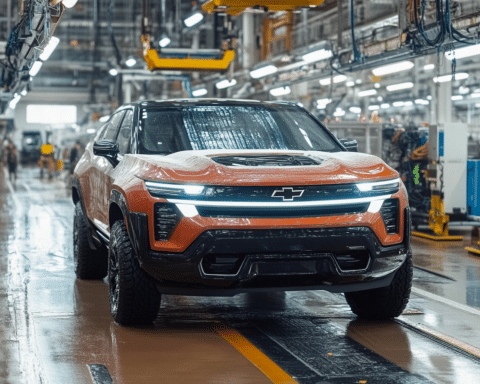In a remarkable turn of events, Chinese carmaker BYD has emerged as the global leader in electric vehicle (EV) sales, briefly overtaking Tesla, a company once dismissed by its CEO Elon Musk. BYD’s recent unveiling of a hybrid powertrain boasting an unprecedented 1,300-mile range has sent shockwaves through the automotive industry, positioning the company as a formidable competitor to established giants like Toyota.
BYD’s rise to prominence underscores the rapid evolution of the electric vehicle market and challenges traditional notions of automotive innovation. Elon Musk, who once scoffed at BYD’s potential, now acknowledges the threat posed by Chinese EV makers, recognizing their ability to disrupt the industry on a global scale.
The significance of BYD’s achievement cannot be overstated. Not only has the company surpassed Tesla in EV sales, but it has also introduced groundbreaking technology that pushes the boundaries of hybrid vehicles. While most hybrid cars on the market offer ranges of around 680 miles, BYD’s new powertrain promises to revolutionize the industry with its unprecedented range, providing consumers with an unparalleled driving experience.
One of the key factors driving BYD’s success is its ability to produce affordable vehicles without compromising on quality. With sedans starting at just $14,000, BYD offers a compelling alternative to traditional car manufacturers, capturing the attention of consumers worldwide. This competitive pricing, coupled with innovative technology, has propelled BYD to the forefront of the automotive industry, surpassing even established players like Volkswagen in the Chinese market.
Despite initial skepticism from industry insiders, BYD’s meteoric rise has proven the naysayers wrong. From humble beginnings as a small producer of cars to a global powerhouse brand, BYD has demonstrated its resilience and adaptability in the face of adversity. Elon Musk’s dismissive remarks in 2011 now seem like a distant memory as BYD continues to defy expectations and challenge the status quo.
While Tesla remains a dominant force in the American EV market, its position is not unassailable. As consumers increasingly demand more affordable options, Tesla faces stiff competition from foreign competitors like BYD, whose success has been driven by a combination of technological innovation and cost-effective manufacturing.
Moreover, BYD’s foray into hybrid technology further complicates the landscape for traditional carmakers. In a market where infrastructure for fully electric vehicles is still lacking, hybrids offer a practical solution for consumers seeking fuel-efficient alternatives. With the unveiling of its new hybrid powertrain capable of a 1,300-mile range, BYD has positioned itself as a frontrunner in the race to define the future of transportation.
However, challenges remain on the horizon for BYD and other Chinese EV makers. Strict tariffs and regulatory hurdles continue to shield US carmakers from foreign competition, posing obstacles to BYD’s expansion into new markets. Nonetheless, as consumer preferences shift towards more affordable and environmentally sustainable options, the tide may soon turn in favor of companies like BYD, whose innovative approach to car manufacturing is reshaping the automotive landscape.
BYD’s remarkable ascent to the top of the global EV market serves as a testament to the power of innovation and resilience. With its groundbreaking technology and competitive pricing, BYD has not only surpassed Tesla but has also set a new standard for hybrid vehicles, challenging traditional carmakers to adapt or be left behind in the rapidly evolving automotive industry.




